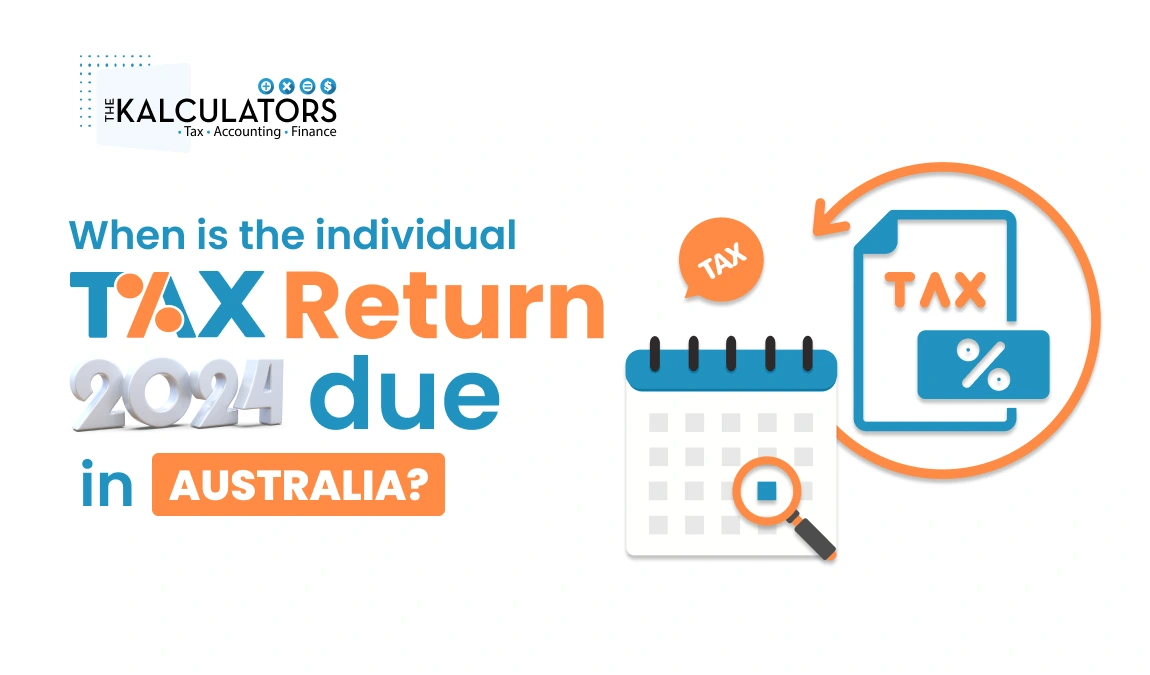Making Uses Of an Income Tax Return: Unlocking Potential Cost Savings and Guaranteeing a Larger Tax Obligation Refund
The income tax return works as a vital instrument for individuals seeking to optimize their economic outcomes, offering countless opportunities for potential cost savings and boosted reimbursements. By leveraging credit scores and deductions, taxpayers can strategically lower their gross income and boost their overall monetary standing. The intricacies of tax guidelines and the ever-evolving landscape of tax obligation regulation demand a comprehensive understanding of offered options. What are the crucial techniques that can be employed to ensure that taxpayers utilize on these benefits? The solution might disclose greater than just financial gains.
Understanding Tax Obligation Reductions
Lots of taxpayers might find themselves bewildered by the complexities of tax reductions, yet understanding these important parts is essential for making the most of potential financial savings. Tax obligation reductions minimize taxed revenue, therefore lowering the general tax obligation liability for companies and people. Familiarizing oneself with the various sorts of deductions available can considerably boost one's capacity to enhance income tax return.
Deductions can be categorized into itemized and conventional reductions. The standard reduction offers a fixed decrease in taxable earnings, while itemized deductions permit taxpayers to mention particular expenses, such as home loan rate of interest, state taxes, and charitable payments. Taxpayers need to analyze which alternative yields the best advantage, as selecting the suitable deduction technique can bring about significant financial savings.
Additionally, it is essential to maintain accurate records of deductible expenditures throughout the tax year. This practice not only assists in the preparation of tax returns yet additionally guarantees conformity with IRS needs. Taxpayers need to likewise remain educated regarding modifications in tax legislations that may affect eligible reductions, as these can differ each year. By properly passing through the landscape of tax obligation deductions, people can expose the capacity for a much more beneficial tax end result and secure greater financial benefits.
Discovering Tax Credit Histories
Tax credit scores represent an additional noteworthy avenue for taxpayers to decrease their general tax obligation obligation, complementing the benefits obtained from reductions. Unlike deductions, which lower taxable earnings, tax obligation debts supply a dollar-for-dollar decrease of the real tax owed. This distinction makes tax obligation debts specifically useful for individuals looking for to maximize their savings.
There are two main sorts of tax obligation credit histories: nonrefundable and refundable. Nonrefundable debts can decrease your tax responsibility to no yet not below that quantity, while refundable credit scores can result in a refund if the credit histories surpass the tax obligation owed. Examples of typically asserted tax obligation credit ratings include the Earned Earnings Tax Obligation Credit History (EITC), the Child Tax Obligation Credit scores, and education-related credit reports like the American Chance Credit Scores.
Eligibility demands for these credit reports can vary significantly, usually based on earnings, submitting condition, and particular conditions. Taxpayers should thoroughly assess the criteria connected with each credit history to establish they claim all benefits for which they qualify. By tactically utilizing available tax obligation credit reports, individuals can boost their income tax return, find inevitably resulting in considerable financial savings and potentially larger refunds.

Spending Your Reimbursement Intelligently
Obtaining a Tax refund can seem like an economic windfall, yet exactly how that money is made use of can exceptionally influence long-term financial wellness. As opposed to seeing your refund as non reusable revenue, consider it an opportunity to buy your future.

One efficient choice is adding to an Individual Retired Life Account (IRA) This can boost your retired life savings while potentially yielding tax obligation benefits. Conversely, buying a diversified supply profile can offer significant development potential over time, enabling your reimbursement to benefit you in the marketplace.
Additionally, take into consideration using your reimbursement to pay for high-interest debt, such as bank card balances. Decreasing financial obligation can improve your financial standing and ease anxiety, inevitably allowing you to allot even more funds toward financial investments in the future.
For those concentrated on education, using your reimbursement for a 529 university financial savings plan can assist secure a brighter future for yourself or your kids.
Preparation for Future Expenses
Very carefully preparing for future costs is necessary for maintaining monetary stability and achieving long-term objectives. A well-structured financial strategy permits people to assign resources efficiently, ensuring that upcoming expenses do not disrupt their economic wellness. Income tax return can offer a useful structure for this planning procedure.
Making use of the refund as a springboard, individuals can identify and focus on significant future costs, such as home repairs, education costs, or medical care needs. Establishing a spending plan that includes these prepared for costs makes it possible for a positive technique, decreasing the probability of monetary stress when the time comes to address them.
In addition, setting aside funds from your tax reimbursement right into committed financial savings accounts can enhance the effectiveness of your planning. Australian Tax return online. Take into consideration producing a reserve particularly for unexpected expenses, ensuring that you are prepared for unpredicted scenarios without derailing your economic goals
Usual Mistakes to Stay Clear Of
Lots of people make essential mistakes when managing their tax returns that can weaken their monetary preparation efforts. Insufficient documents can lead to missed out on reductions, resulting in a lower refund or higher tax obligation obligation.
One more frequent error is ignoring to evaluate tax obligation regulation changes. Tax obligation regulations can progress annually, and lack of knowledge of these adjustments may lead to missed out on chances for tax credit ratings or reductions. Additionally, numerous taxpayers ignore qualified deductions, such as those for clinical expenses or academic expenses.

Filing tax obligations prematurely or too late can also be detrimental. Early filers may miss out on out her explanation on final tax obligation breaks, while late filers run the risk of fines and interest.
Moreover, not seeking professional aid when necessary can result in pricey errors. Tax specialists can offer important insights, guaranteeing compliance and optimizing prospective cost savings.
Finally, rushing through the return can cause simple math errors or ignored forms. Putting in the time to ascertain all entrances is vital for a successful income tax return end result.
Final Thought
To sum up, the tactical application of tax returns offers as a critical device for making the most of economic benefits. Understanding of common pitfalls can also enhance the tax obligation procedure, ultimately equipping taxpayers to utilize their returns for an extra secure economic future.
Tax obligation credit scores stand for another noteworthy opportunity for taxpayers to decrease their total tax responsibility, matching the advantages obtained from reductions. Unlike deductions, which lower taxed revenue, tax obligation credit ratings give a dollar-for-dollar decrease of the actual tax obligation owed. Nonrefundable credit scores can why not try here minimize your tax liability to absolutely no however not below that amount, while refundable credits can result in a reimbursement if the credits exceed the tax owed. Examples of commonly declared tax credit scores include the Earned Income Tax Debt (EITC), the Youngster Tax Obligation Credit history, and education-related credit ratings like the American Chance Credit Score.
Tax obligation policies can develop every year, and ignorance of these changes might result in missed out on possibilities for tax obligation credits or deductions. - Australian Tax return online